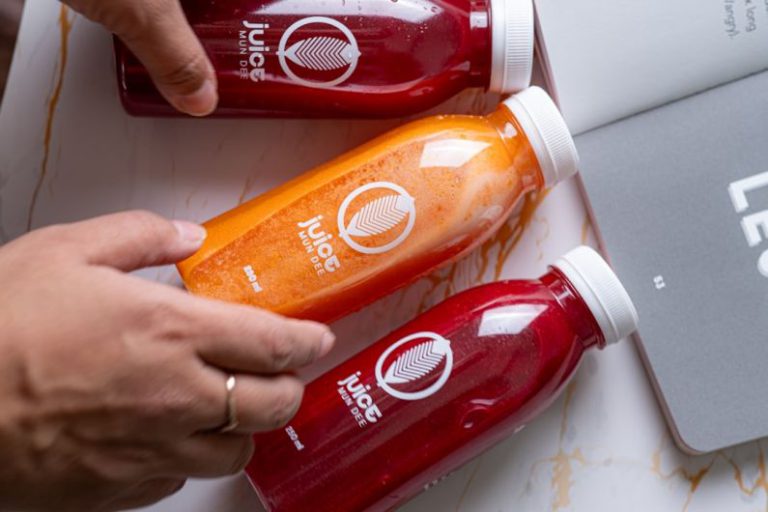What Are Some Baking Basics That Everyone Should Know?
Mastering the art of baking can be a rewarding and enjoyable experience. Whether you’re a beginner or a seasoned baker, having a solid foundation of baking basics is essential for creating delicious treats in the kitchen. From understanding the importance of accurate measurements to knowing the role of key ingredients, here are some essential baking basics that everyone should know.
**The Importance of Accurate Measurements**
One of the fundamental aspects of successful baking is accurate measuring. Baking is a science, and precise measurements can make a significant difference in the outcome of your baked goods. Using measuring cups and spoons designed for dry and wet ingredients can help ensure that you are adding the right amount of each component to your recipe. Remember, leveling off ingredients with a straight edge is key to avoiding inconsistencies in your measurements.
**Understanding the Role of Ingredients**
Flour, sugar, eggs, butter, and leavening agents are common ingredients used in baking, each playing a crucial role in the structure, texture, and flavor of your baked goods. Flour provides structure, sugar adds sweetness and moisture, eggs bind ingredients together, butter adds richness and flavor, while leavening agents like baking powder and baking soda help your baked goods rise. Understanding how each ingredient functions can help you troubleshoot and adjust your recipes as needed.
**Room Temperature Ingredients**
Many baking recipes call for ingredients like butter, eggs, and dairy to be at room temperature before incorporating them into the batter. Room temperature ingredients mix more evenly, resulting in a smoother batter and better overall texture in your final product. To bring ingredients to room temperature quickly, you can leave them out on the counter for about 30 minutes or use gentle heat methods like placing butter in a warm oven for a few minutes.
**The Role of Leavening Agents**
Leavening agents are essential in baking as they help your baked goods rise and achieve a light and airy texture. Baking powder and baking soda are the most common leavening agents used in baking. Baking powder is a combination of an acid and a base that creates carbon dioxide gas when combined with moisture and heat, causing the batter to rise. Baking soda, on the other hand, requires an acid like buttermilk or vinegar to activate its leavening properties.
**Preheating the Oven**
Preheating the oven is a crucial step in baking that should not be overlooked. Preheating allows the oven to reach the desired temperature before you place your batter or dough inside. This helps ensure that your baked goods cook evenly and consistently. Most recipes will specify the required oven temperature and whether or not the oven should be preheated.
**Proper Mixing Techniques**
Whether you’re mixing by hand or using a stand mixer, understanding proper mixing techniques can make a significant difference in the outcome of your baked goods. Overmixing can lead to tough or dense textures, while undermixing can result in uneven distribution of ingredients. Mix ingredients just until they are combined to avoid overworking the batter.
**Cooling and Storing Baked Goods**
Allowing your baked goods to cool properly after removing them from the oven is essential for their texture and flavor development. Most recipes will specify how long to cool before slicing or serving. Once cooled, store your baked goods in an airtight container to maintain freshness. Some baked goods may benefit from being stored at room temperature, while others may need refrigeration to prolong their shelf life.
**Experimenting and Practice**
Baking is a skill that improves with practice, so don’t be afraid to experiment with different recipes and techniques. Keep track of your successes and failures to learn from each baking experience. With time and practice, you’ll become more confident in the kitchen and develop your unique baking style.
**In Summary**
Mastering baking basics is essential for creating delicious and successful baked goods. By understanding the importance of accurate measurements, the role of key ingredients, and essential techniques like preheating the oven and proper mixing, you can elevate your baking skills and create treats that will impress friends and family. Remember, practice makes perfect, so don’t hesitate to get creative in the kitchen and enjoy the process of baking.






